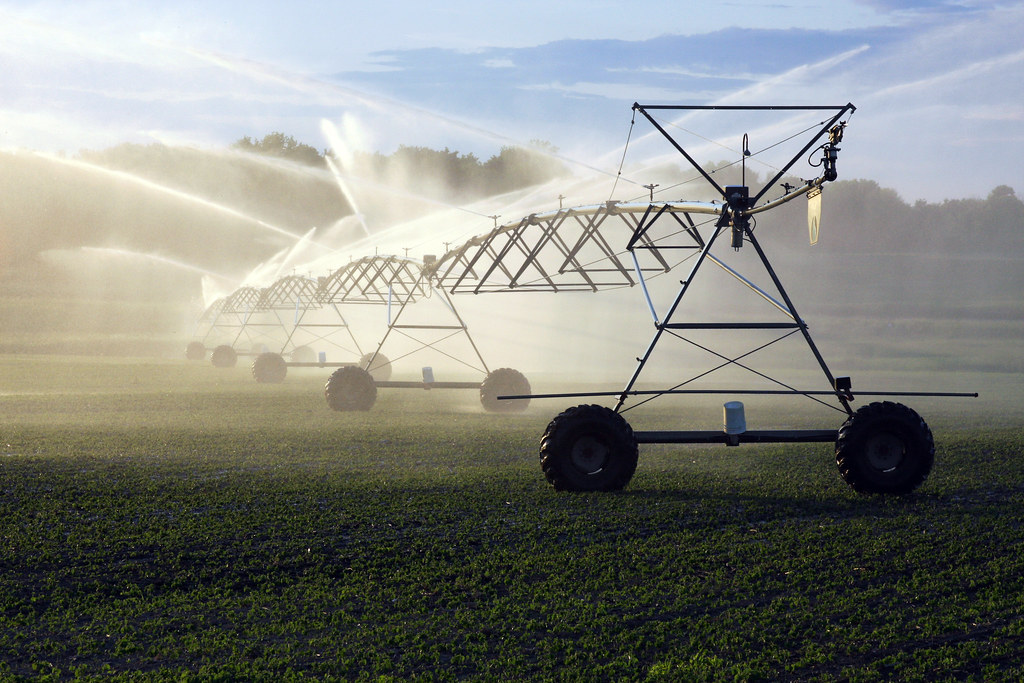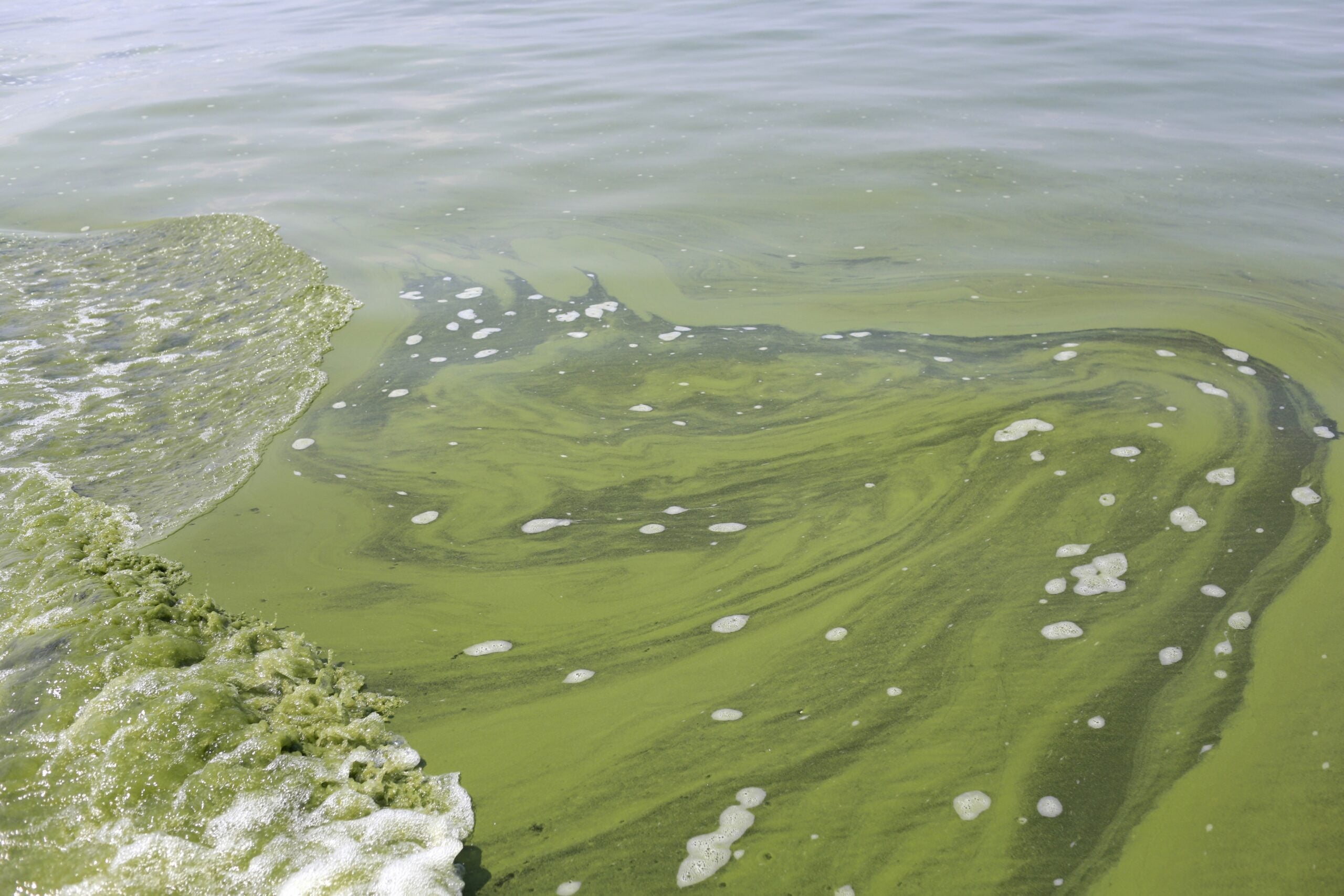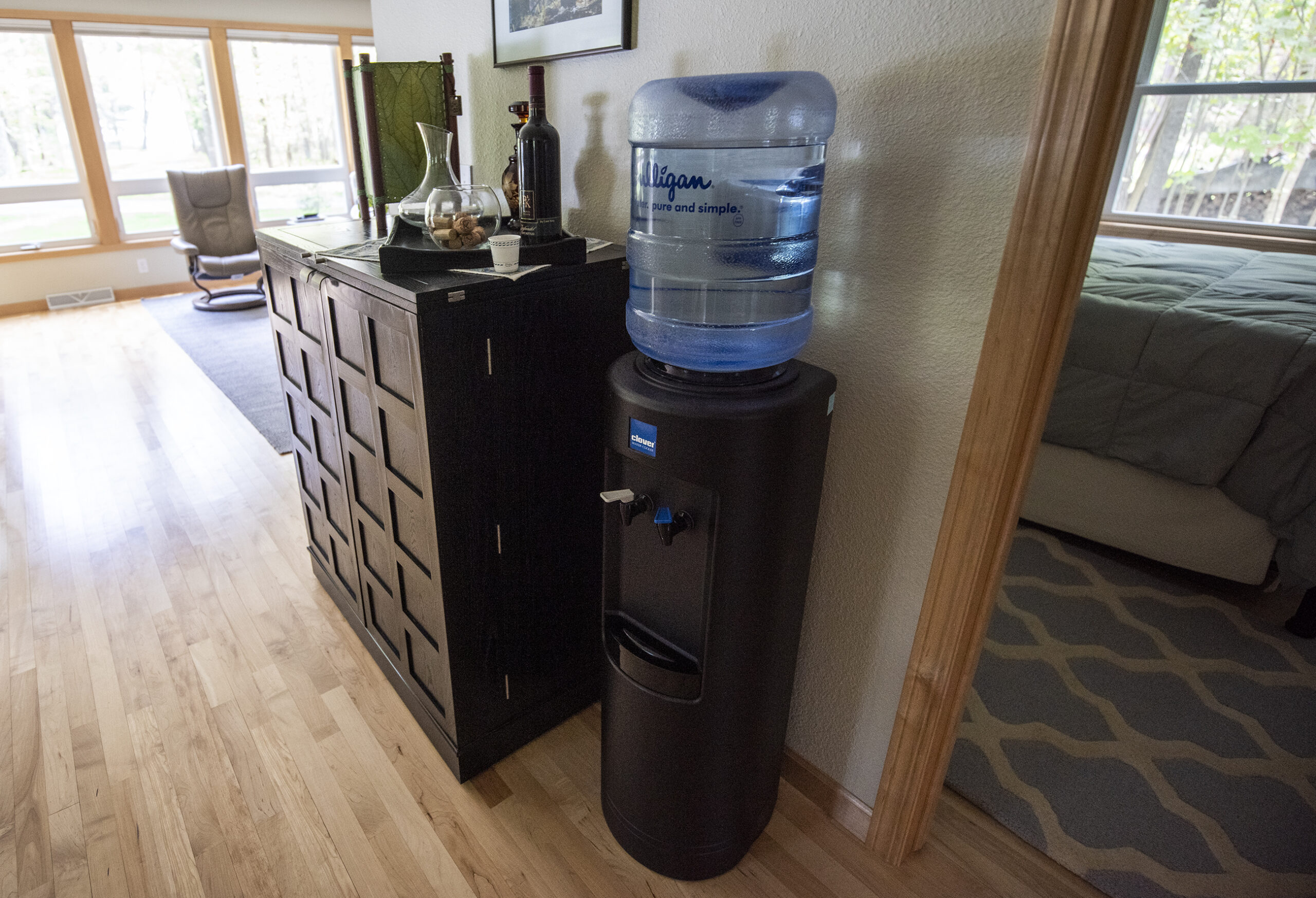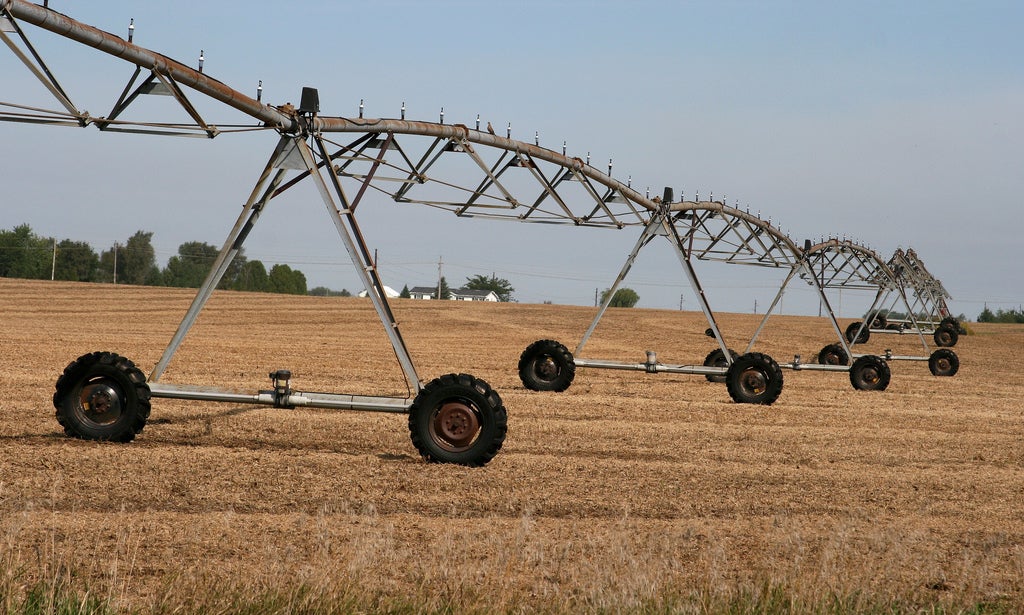The Wisconsin Department of Natural Resources says it will once again consider the collective environmental impacts of high-capacity wells on state waters when warranted. The move comes after Attorney General Josh Kaul withdrew a contested opinion limiting the agency’s authority.
High-capacity wells can draw more than 100,000 gallons per day for irrigation or other industrial uses, but they’ve raised concerns due to waters drying up in some areas of the state.
Adam Freihoefer, the DNR’s water use section chief, said the shift affects the department’s review of high-capacity wells that may impact navigable waters or municipal water supplies.
News with a little more humanity
WPR’s “Wisconsin Today” newsletter keeps you connected to the state you love without feeling overwhelmed. No paywall. No agenda. No corporate filter.
“We’re looking at the proposed well, and all existing environmental impacts from existing wells when we’re looking at if there’s an adverse impact to those resources,” said Freihoefer.
On May 1, Kaul withdrew the 2016 opinion issued by former Attorney General Brad Schimel in a letter to the DNR, saying two court rulings had since “concluded” or “implied” Schimel’s interpretation was wrong. DNR Secretary Preston Cole had questioned whether the opinion was still valid.
Schimel had argued the DNR didn’t have the authority to weigh the cumulative environmental impacts of high-capacity wells or require monitoring. The state’s former top legal advisor pointed to a 2011 law known as Act 21 that limits the regulatory authority of state agencies to what’s expressly written in state law.
Schimel’s opinion countered a 2011 Wisconsin Supreme Court ruling, known as the Lake Beulah decision, that found the agency does have the power to consider when such wells harm state waters. He noted Act 21 was passed shortly before the decision, saying the Court was right not to consider the law or apply it retroactively.
The DNR began approving a backlog of high-capacity well applications based on the opinion, sparking legal challenges from environmental groups.
The state’s business lobby, Wisconsin Manufacturers and Commerce, called the DNR’s decision “extremely irresponsible” since cases challenging the opinion are still pending before the Wisconsin Supreme Court.
Scott Manley, the group’s executive vice president of government relations, said the change creates confusion for those seeking a high-capacity well permit.
“It’s really unfortunate because I think what the DNR is doing is probably contrary to the law, certainly irresponsible, and it’s creating more problems and raising more questions than it’s answering,” said Manley.
Manley said businesses and local governments are being left in the dark over what standards the agency will apply when reviewing high-capacity well applications.
The DNR said it will consider environmental impacts when reviewing a high-capacity well application if there’s “sufficient concrete, scientific evidence of potential harm.”
The agency said it may consider additional conditions for high-capacity well approval if it results in greater than 95 percent water loss. It may also impose conditions if a high-capacity well results in significant environmental impacts or impairment of a public water supply when combined with existing wells.
Applicants may be asked to change the location, construction, or amount of water proposed to be withdrawn.
Environmental group Clean Wisconsin supports the DNR’s shift in review of high-capacity wells, saying Wisconsin experienced a large giveaway of water based on Schimel’s opinion.
“We’re just really pleased that DNR is going to be able to do its job again and base decisions for appropriate water use for high-capacity wells on science,” said Amber Meyer Smith, vice president of government relations for Clean Wisconsin.
She said the state can strike a balance with water use while still allowing industry to make a profit.
Freihoefer said around 15 high-capacity well applications are pending right now with six that are currently under review statewide. He added the DNR’s goal is to review and issue a decision on those applications within 65 business days of receiving a complete application.
“We certainly don’t want to end up in a situation where we have a large backlog of high-capacity while applications,” he said. “That’s not good for the department and it’s not good for the regulated community to have to wait on the decision.”
The agency has approved 737 high-capacity well applications since Schimel’s opinion was issued in 2016, according to the DNR.
Wisconsin Public Radio, © Copyright 2025, Board of Regents of the University of Wisconsin System and Wisconsin Educational Communications Board.







